
17 Nov Do Daily Intake of Nutritional Supplements Benefit Your Health
It has been said that a daily intake of nutritional supplements can do wonders for your health. But is this really true? Or are people just taking this advice without doing any research themselves? In this blog post, we will take a look at the benefits of taking nutritional supplements on a daily basis, as well as some of the potential risks. We will also discuss how to choose the right supplements for you. So if you’re interested in learning more about this topic, keep reading!
The answer is Yes, a daily vitamin supplement regimen can improve your health. However, it’s important to choose the right supplements for you, and to make sure that you are taking them in the correct dosage. You can find quality nutritional supplements at most pharmacies or health food stores.
When selecting a supplement, it’s important to read the label carefully and choose one that is backed by scientific research. Be sure to talk to your doctor before starting any new supplement regimen, especially if you have any medical conditions or are taking any medications.
1.What are nutritional supplement and what do they do for the body
Nutritional supplements are substances that are intended to provide nutritive support for the body. This includes vitamins, minerals, herbs, and other botanicals. Nutritional supplements could be in the form of a tablet, powder, capsule, softgel capsules, liquid, and even snacks.
There are a number of different reasons why people may choose to take nutritional supplements. Some people take them to shore up any potential deficiencies in their diet, while others might use them to help with a specific health condition. Still others might take supplements for general wellness or preventive purposes.
For example, someone who doesn’t eat a lot of meat might take an iron supplement to prevent iron deficiency anemia. Someone with osteoporosis might take a calcium supplement to help support bone health. And someone who is trying to lose weight might take a daily multivitamin as part of their overall healthy eating plan. There are numerous distinct sorts of nutritional supplements on the market, and new versions are introduced all the time.
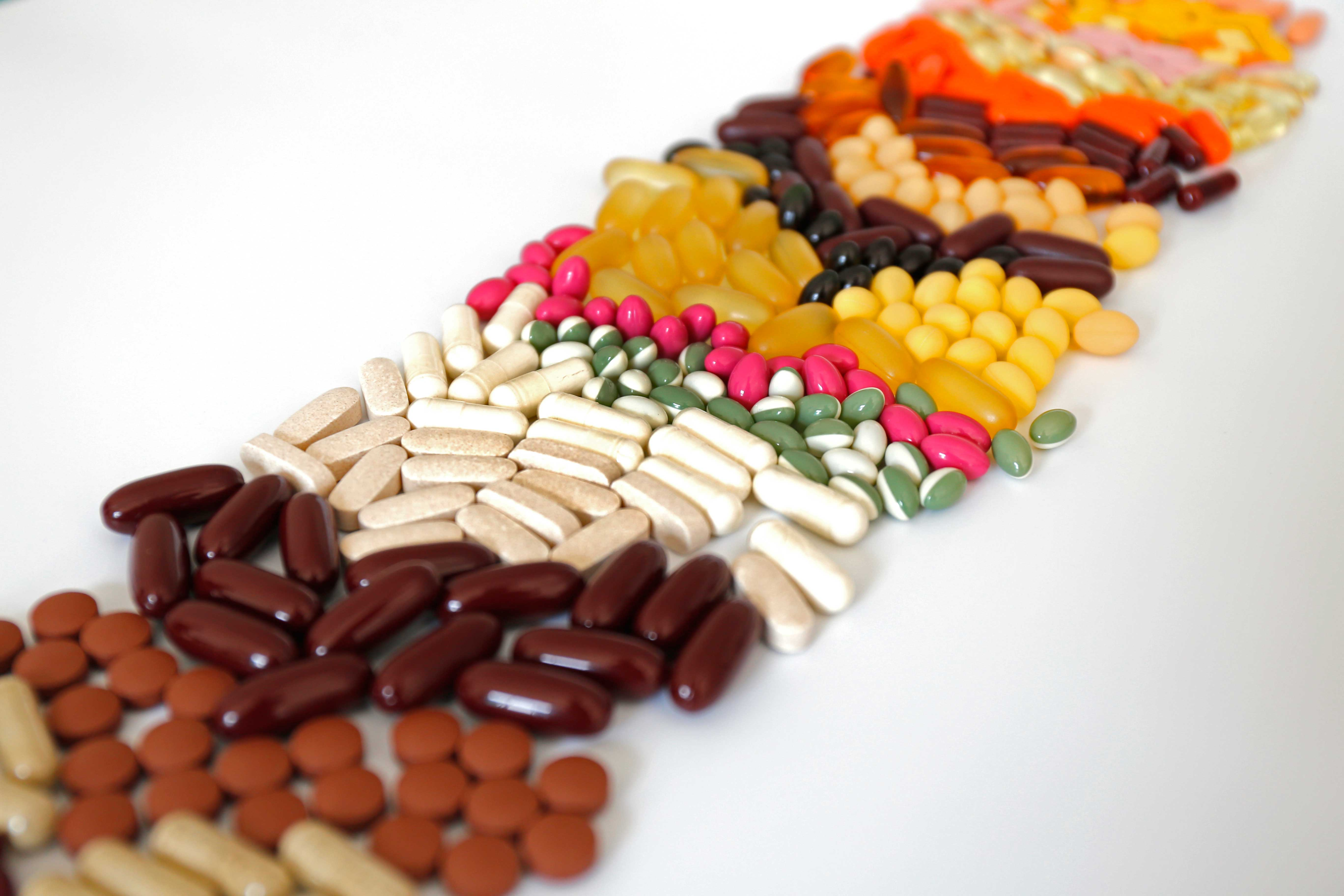
2.What are the top 10 dietary supplement that most individuals would take on a daily basis?
(1). Multivitamin
multivitamin is a supplement that contains a variety of different vitamins and minerals. Most multivitamins come in the form of a tablet or capsule, and they are taken daily.
Multivitamins are one of the most popular types of nutritional supplements. They are intended to provide a broad range of nutrients that might be lacking in the diet.
(Note: While a multivitamin can prevent nutrient deficiencies, it cannot make up for an unhealthy diet. Eating a balanced diet is still the best way to get the nutrients you need.)
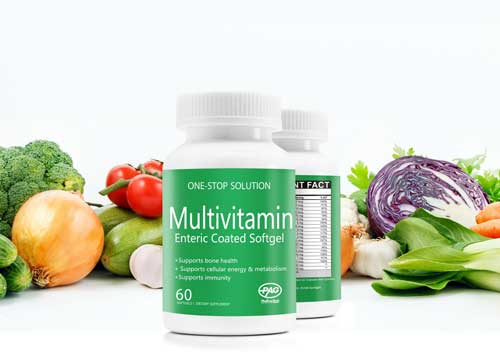
(2). Omega-3 fatty acids
Omega-3 fatty acids are an important part of a healthy diet, but many people don’t get enough of them.
Agitate: A lot of people don’t know that omega-3 fatty acids are important, or they don’t know how to get them into their diet.
Solution: Omega-3 fatty acids are found in fatty fish, such as salmon, mackerel, and sardines. They can also be found in flaxseeds, chia seeds, and hemp seeds.
If you don’t eat enough omega-rich foods, you might consider taking an omega-supplement.
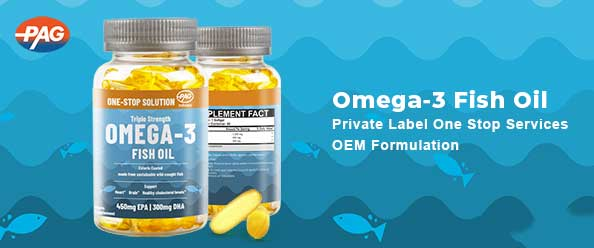
(3). Vitamin D
Vitamin D is a nutrient that helps the body absorb calcium. It is found in fortified foods, such as milk and cereals, and it can also be made by the body when skin is exposed to sunlight.
Many people don’t get enough vitamin D, especially during the winter months.
If you don’t get enough vitamin D, you may consider taking a supplement.
(Note: Vitamin D is best absorbed with fat, so it’s important to take it with a meal that contains fat.)
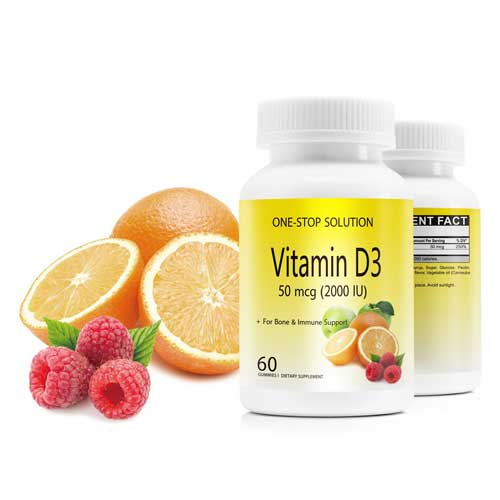
(4). Calcium
Calcium is a mineral that is essential for bone health. It can be found in dairy products, leafy green vegetables, and fortified foods.
If you take a calcium supplement, be sure to also take a vitamin D supplement. Vitamin D helps the body absorb calcium. if you don’t eat dairy products or leafy green vegetables, you might consider taking a calcium supplement. Some people are at risk for calcium kidney stones. Be sure to talk to your doctor before taking a calcium supplement if you have this condition.
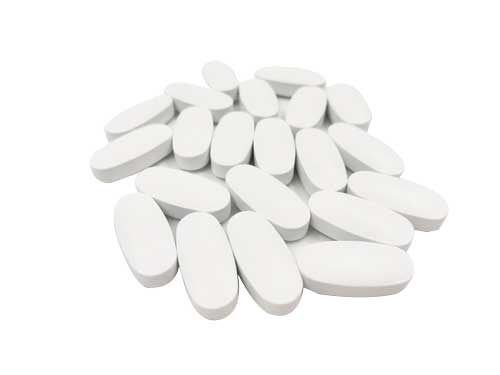
(5). Iron
Iron is a mineral that is essential for the production of hemoglobin,
a protein in red blood cells that carries oxygen to the body’s tissues.
People who don’t get enough iron might have anemia.
Good sources of iron include meat, poultry, fish, beans, and fortified foods.
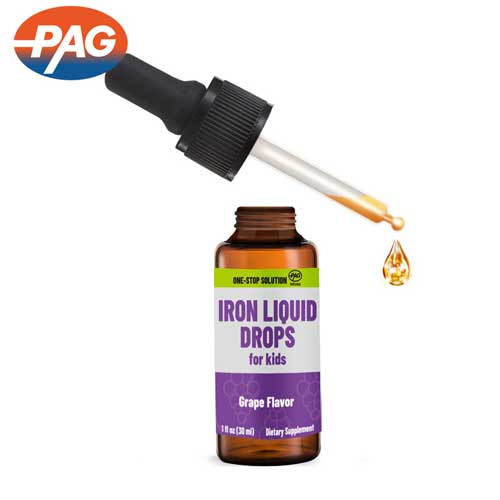
(6). Magnesium
Magnesium is a mineral that is involved in more than 300 biochemical reactions in the body. It helps to maintain muscle and nerve function, keeps the heart rhythm steady, and supports a healthy immune system. Magnesium can be found in leafy green vegetables, nuts, seeds, and whole grains.
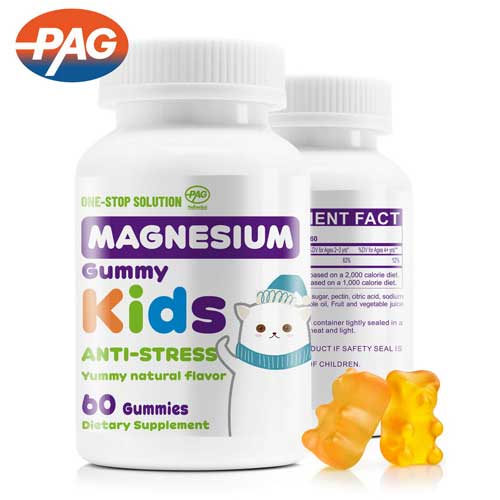
(7). Potassium
Potassium is a mineral that is essential for heart health. It helps to regulate blood pressure and keeps the heart rhythm steady. Potassium can be found in fruits and vegetables, such as bananas, sweet potatoes, tomatoes, and leafy greens.
(Note: If you take a potassium supplement, be sure to also take a magnesium supplement. These two minerals work together to support heart health.)
(8). Zinc
Zinc is a mineral that is involved in immune function, wound healing, and the sense of taste and smell. It can be found in meat, poultry, seafood, beans, nuts, and whole grains.
(Note: If you take a zinc supplement, be sure not to take more than 40 mg per day. Taking too much zinc can cause copper deficiency.)
(9). Selenium
Selenium is a mineral that is involved in the production of antioxidants. It can be found in meat, poultry, fish, whole grains, and eggs.
(Note: Selenium supplements can interact with some medications. Be sure to talk to your doctor before taking a selenium supplement.)
(10). Probiotics
Probiotics are live bacteria that are found in yogurt, fermented foods, and supplements. They help to maintain a healthy balance of bacteria in the gut.
(Note: Probiotics are best taken with food.)
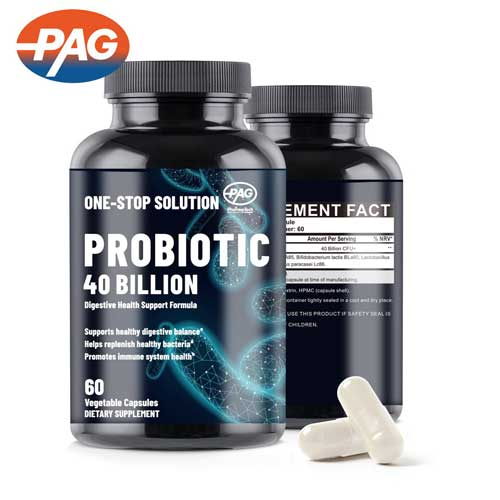
2.The potential risks associated with taking too many nutritional supplements
However, if not taking them correctly ,there is a potential risk associated with taking too many supplements.
Some people might not be aware that if they take too many supplements, it can have harmful effects on their health. Overtaking supplement can cause an imbalance of vitamins and minerals in the blood, which can be extremely dangerous. In some cases, it can even lead to death.
The potential risks associated with taking too many nutritional supplements include:
– developing a vitamin or mineral deficiency
– experiencing adverse effects from high levels of certain nutrients
– wasting money on supplements that you don’t need
– taking supplements that may interact with prescription medications you’re taking
– not getting the full benefit of the nutrients in the supplements because they’re not being absorbed properly
It’s critical to speak with someone professional before taking a supplement. They can assist you in determining whether or not you require a supplement and, if so, which one is appropriate for you.
They can also help you figure out the proper dosage and frequency of taking the supplement.
3.Tips for incorporating more nutritious foods into your dietary supplements
Tips for incorporating more nutritious foods into your diet:
– Make sure to include a variety of fruits and vegetables in your meals
– Choose lean protein sources, such as grilled chicken or fish, instead of processed meats
– Opt for whole grain breads and pastas over refined carbs
– Drink plenty of water and limit sugary beverages
– Include healthy fats, such as avocados or olive oil, in your diet
– cook with herbs and spices instead of salt to flavor your food
– limit processed foods, such as chips and cookies, and eat them in moderation
Making these simple changes to your diet can make a big difference in your overall health.
Incorporating more nutritious foods into your diet can help to:
– improve your energy levels
– reduce your risk of developing chronic diseases
– promote a healthy weight
– improve your digestion
– give you clearer skin
– strengthen your hair and nails
Making these changes can improve your overall health and quality of life.




